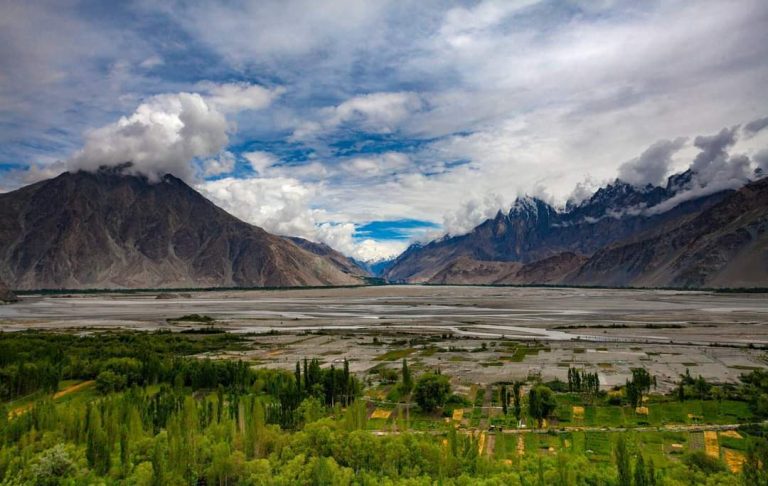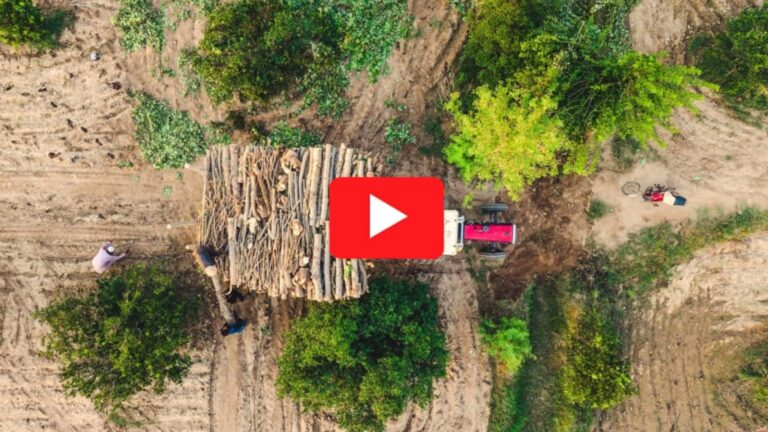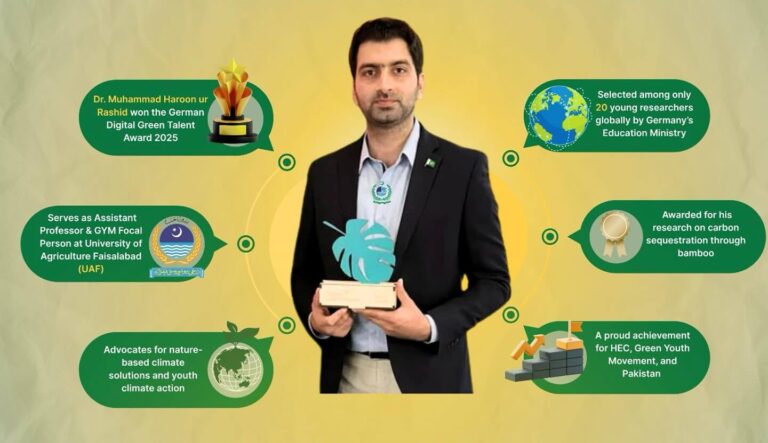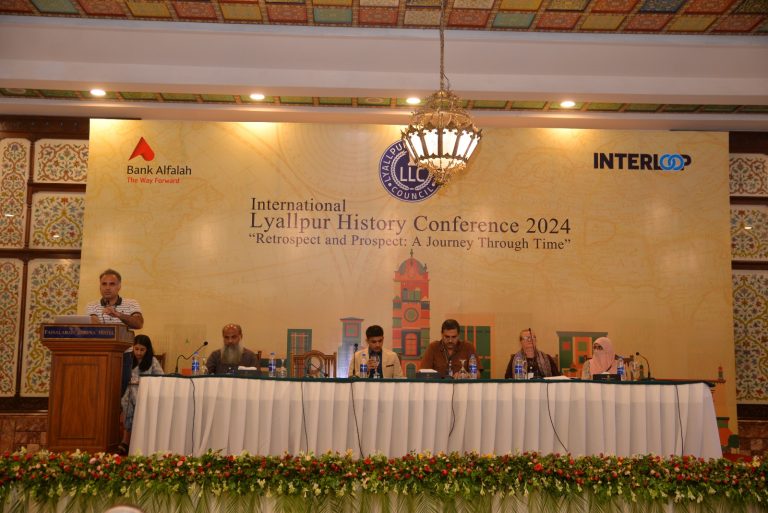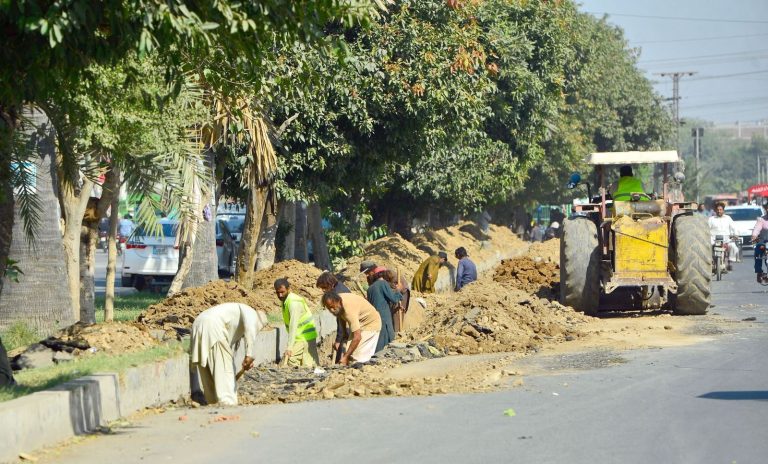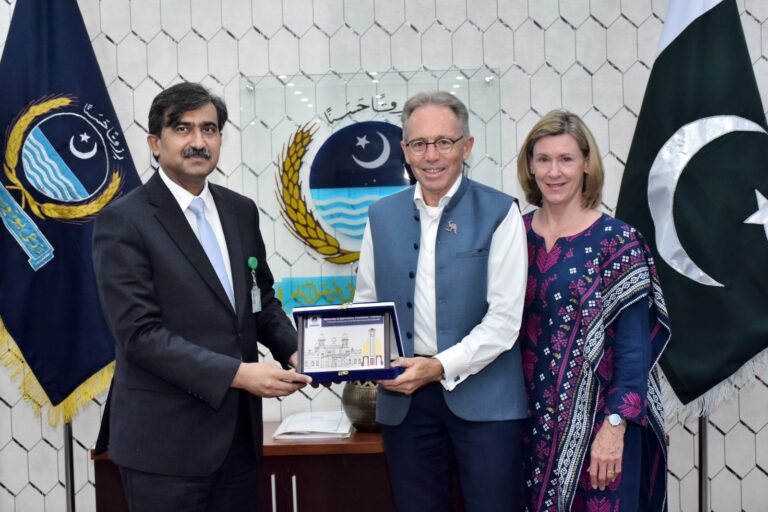Floods, Droughts, and Empty Wells: The Battle for Pakistan’s Food Security
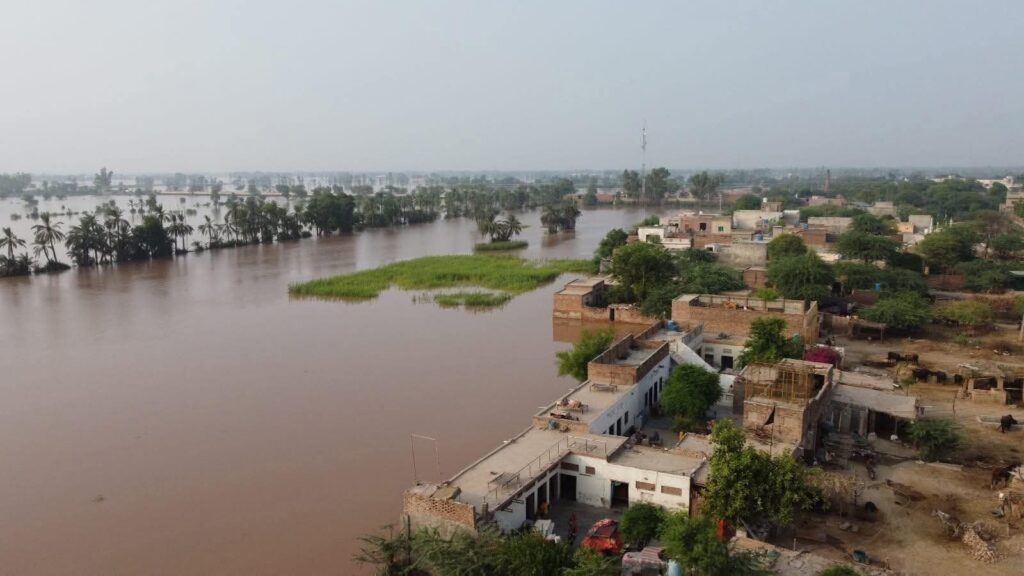
As someone who has studied water management for decades, I am deeply concerned about the silent crisis unfolding beneath our feet. My recent study in the Rechna Doab region (the fertile tract of land situated between the Ravi and Chenab rivers) revealed that surface water today contributes only 40 percent of irrigation, while reliance on groundwater has surged to 60 percent. Yet, even with this heavy pumping, the total supply remains insufficient to meet crop demands, resulting in steadily declining per-acre yields.
This challenge is not only about the shortage of water but also its deteriorating quality. Saline groundwater is increasingly being extracted and used for irrigation, damaging soils and reducing productivity. This deterioration extends beyond agriculture, threatening safe drinking water. Freshwater aquifers are shrinking rapidly as saline water intrudes into them, a direct result of over-pumping in zones with already declining water tables.
Climate Change and the Shrinking Groundwater Table
The depletion of groundwater is being compounded by climate change. Erratic rainfall, unpredictable river flows, and prolonged dry spells have forced farmers to turn more and more to tube wells. However, the current recharge rates of aquifers are too low to sustain this exploitation. The present trajectory not only threatens agriculture but also the very livelihoods of future generations.
The worsening quality of groundwater must be treated as a warning. It is a sign that Pakistan is not just running out of freshwater but is also losing the capacity to sustain crops and provide potable water. If immediate action is not taken, the combined effects of climate change and poor management will lock us into an irreversible crisis.
Turning Floods into an Opportunity
Every year, we face the devastating impact of floods, and yet, I see in these very disasters an opportunity. Instead of letting floodwaters go to waste, Pakistan must develop a national strategy to recharge its aquifers. Practical measures such as digging recharge wells, channeling floodwater into drains and rivers, building protective embankments, and diverting water to low-lying areas can restore the balance of our groundwater resources.
I strongly believe that universities, researchers, and students must step forward to lead this transformation. Together with government and local communities, they can devise crop guidelines and sustainable farming practices for flood-prone areas. By treating floods as a resource rather than a catastrophe, we can secure our water future.
Debunking the ‘No Dams’ Argument
Some voices in recent years have argued against constructing new dams, claiming that groundwater alone can sustain agriculture. I must emphasize that such claims are baseless and dangerous. The reality is clear: neither canals nor groundwater pumping alone are sufficient to meet Pakistan’s current cropping intensities, let alone future demands.
With a growing population and mounting food security challenges, Pakistan cannot afford to abandon large-scale water storage projects. Dams and reservoirs, alongside groundwater recharge initiatives, are essential pillars of a sustainable water strategy. Relying solely on groundwater will only accelerate depletion, leaving future generations with barren fields and dry wells.
A Roadmap for Sustainable Agriculture
The way forward lies in efficiency, innovation, and strategic investment. Modern irrigation methods—such as drip and sprinkler systems—can dramatically improve per-acre yields by minimizing water wastage. At the same time, small-scale environment-controlled storages and value addition facilities will empower farmers to stabilize market prices, reduce post-harvest losses, and boost exports.
But above all, farmers must remain at the center of this transformation. I firmly believe that if our farmers become prosperous, they will adopt new technologies that can make our country strong and self-sufficient. A coherent, sustainable water and agriculture policy will not only secure food supplies but also strengthen Pakistan’s rural economy—transforming present challenges into opportunities for growth and resilience.
(Dr. Rai Niaz is an internationally recognized water management expert and the former Vice Chancellor of PMAS Arid Agriculture University, Rawalpindi. With decades of research and policy experience, he has contributed extensively to water conservation, irrigation systems, and sustainable agriculture. His expertise is widely acknowledged both in Pakistan and abroad, where he has advised on modern strategies for food and water security in the face of climate change. Furthermore a good number of studies were conducted by him and his team in Rachana and Bari Doabs regarding surface and groundwater share for the sustainability of agriculture especially in the prospective of future water resources management in the country on long term basis.)

